Tianfu He
Crowd-sensing Enhanced Parking Patrol using Sharing Bikes' Trajectories
Oct 29, 2021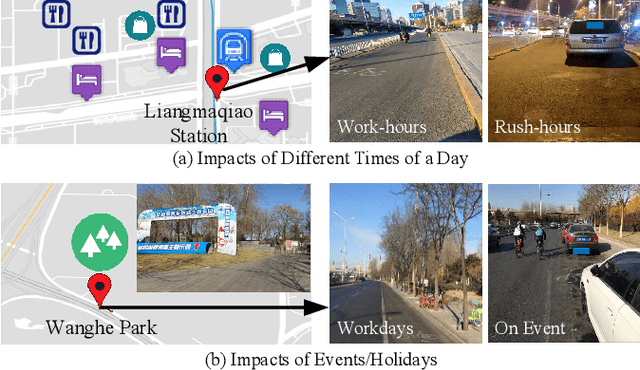
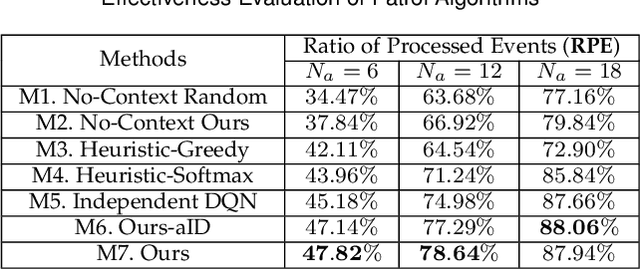
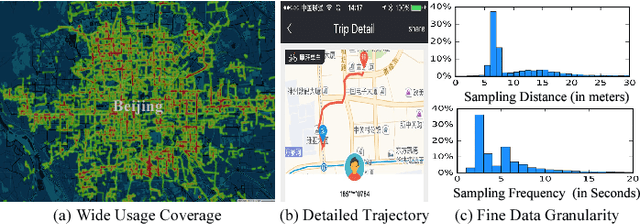

Abstract:Illegal vehicle parking is a common urban problem faced by major cities in the world, as it incurs traffic jams, which lead to air pollution and traffic accidents. The government highly relies on active human efforts to detect illegal parking events. However, such an approach is extremely ineffective to cover a large city since the police have to patrol over the entire city roads. The massive and high-quality sharing bike trajectories from Mobike offer us a unique opportunity to design a ubiquitous illegal parking detection approach, as most of the illegal parking events happen at curbsides and have significant impact on the bike users. The detection result can guide the patrol schedule, i.e. send the patrol policemen to the region with higher illegal parking risks, and further improve the patrol efficiency. Inspired by this idea, three main components are employed in the proposed framework: 1)~{\em trajectory pre-processing}, which filters outlier GPS points, performs map-matching, and builds trajectory indexes; 2)~{\em illegal parking detection}, which models the normal trajectories, extracts features from the evaluation trajectories, and utilizes a distribution test-based method to discover the illegal parking events; and 3)~{\em patrol scheduling}, which leverages the detection result as reference context, and models the scheduling task as a multi-agent reinforcement learning problem to guide the patrol police. Finally, extensive experiments are presented to validate the effectiveness of illegal parking detection, as well as the improvement of patrol efficiency.
POI Alias Discovery in Delivery Addresses using User Locations
Sep 20, 2021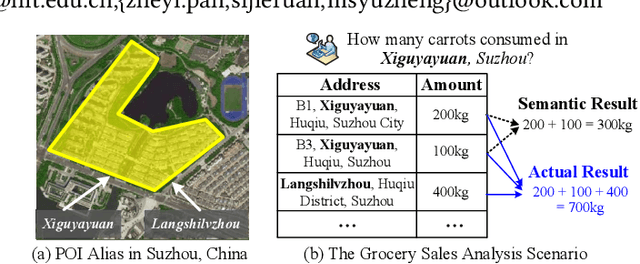
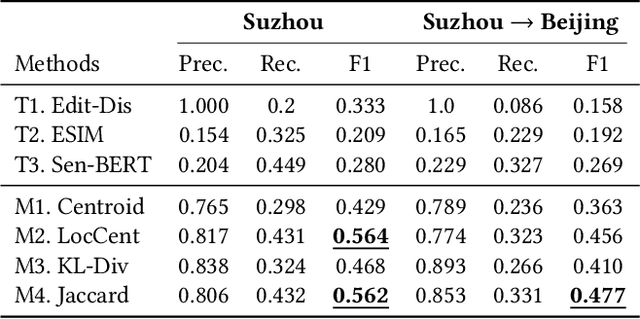
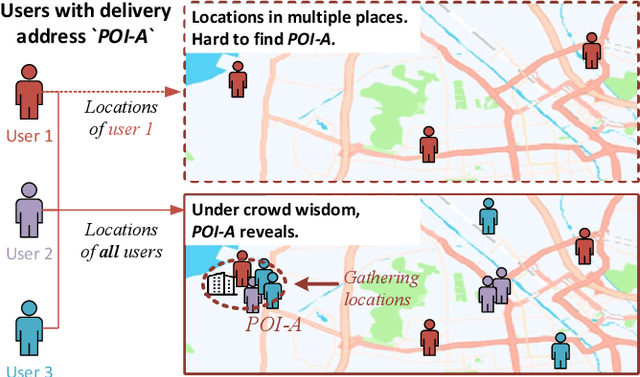
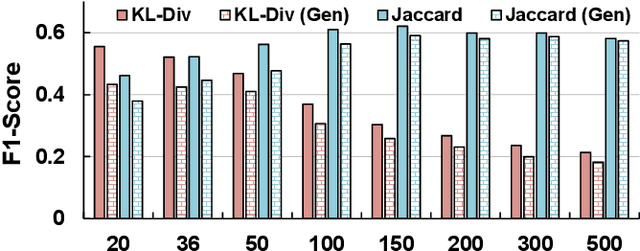
Abstract:People often refer to a place of interest (POI) by an alias. In e-commerce scenarios, the POI alias problem affects the quality of the delivery address of online orders, bringing substantial challenges to intelligent logistics systems and market decision-making. Labeling the aliases of POIs involves heavy human labor, which is inefficient and expensive. Inspired by the observation that the users' GPS locations are highly related to their delivery address, we propose a ubiquitous alias discovery framework. Firstly, for each POI name in delivery addresses, the location data of its associated users, namely Mobility Profile are extracted. Then, we identify the alias relationship by modeling the similarity of mobility profiles. Comprehensive experiments on the large-scale location data and delivery address data from JD logistics validate the effectiveness.
 Add to Chrome
Add to Chrome Add to Firefox
Add to Firefox Add to Edge
Add to Edge